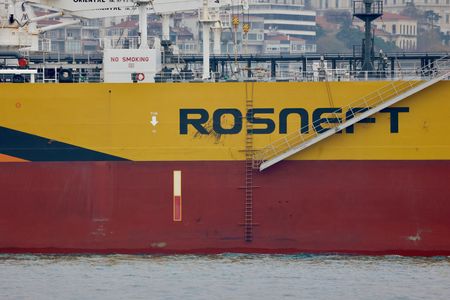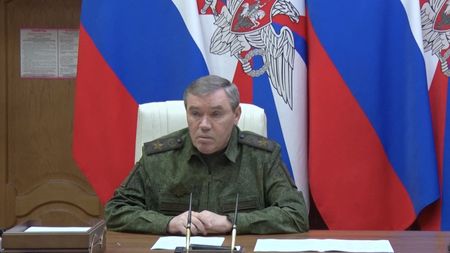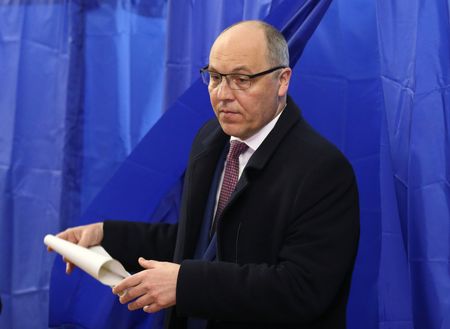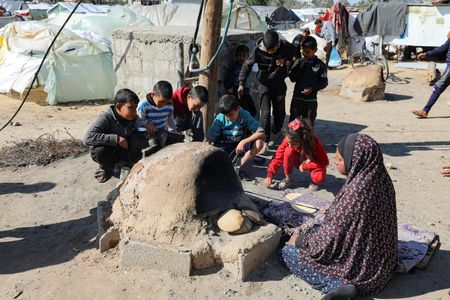By Vladimir Soldatkin and Olesya Astakhova
MOSCOW (Reuters) -The chief executive of Russia’s Rosneft said net income sank more than 68% to 245 billion roubles ($3 billion) in the first half due to weak oil prices that were dragged down by production hikes by Saudi Arabia and other OPEC states.
The comments from the head of Russia’s largest oil producer, Igor Sechin, a long-standing ally of President Vladimir Putin, were the first indications of unease in months from Russia about the OPEC+ strategy to speed up production hikes.
Sechin is known for his scepticism about cooperation with the OPEC. He had said that production cuts by the group spurred an output rise by the United States, which over the past years has become the world’s leading oil producer.
Industry sources have said Russia had voiced its concern at the OPEC+ meetings about faster-than-planned output hikes, though eventually it supported the moves.
The Organisation of the Petroleum Exporting Countries and its allies led by Russia, a group known as OPEC+, had been curtailing production for several years to support oil prices.
The group, which pumps about half of the world’s oil, reversed course this year in a bid to regain market share, spurred in part by calls from U.S. President Donald Trump for OPEC to ramp up production.
“The first half of the year was characterized by a decline in oil prices, primarily due to overproduction of oil. The main reason is the active increase in production by OPEC countries, including Saudi Arabia, the UAE, Iraq, Kuwait,” Sechin said on Saturday.
Sechin said that the surplus on the global oil market, according to Rosneft and leading energy agencies, will reach 2.6 million barrels per day in the fourth quarter, easing to 2.2 million bpd in 2026.
He repeated his criticism of Russia’s central bank’s hawkish monetary policy, which he said supported a strong rouble.
($1 = 80.8455 roubles)
(Reporting by Olesya Astakhova and Lucy Papachristou; writing by Vladimir Soldatkin; Editing by Bernadette Baum)











